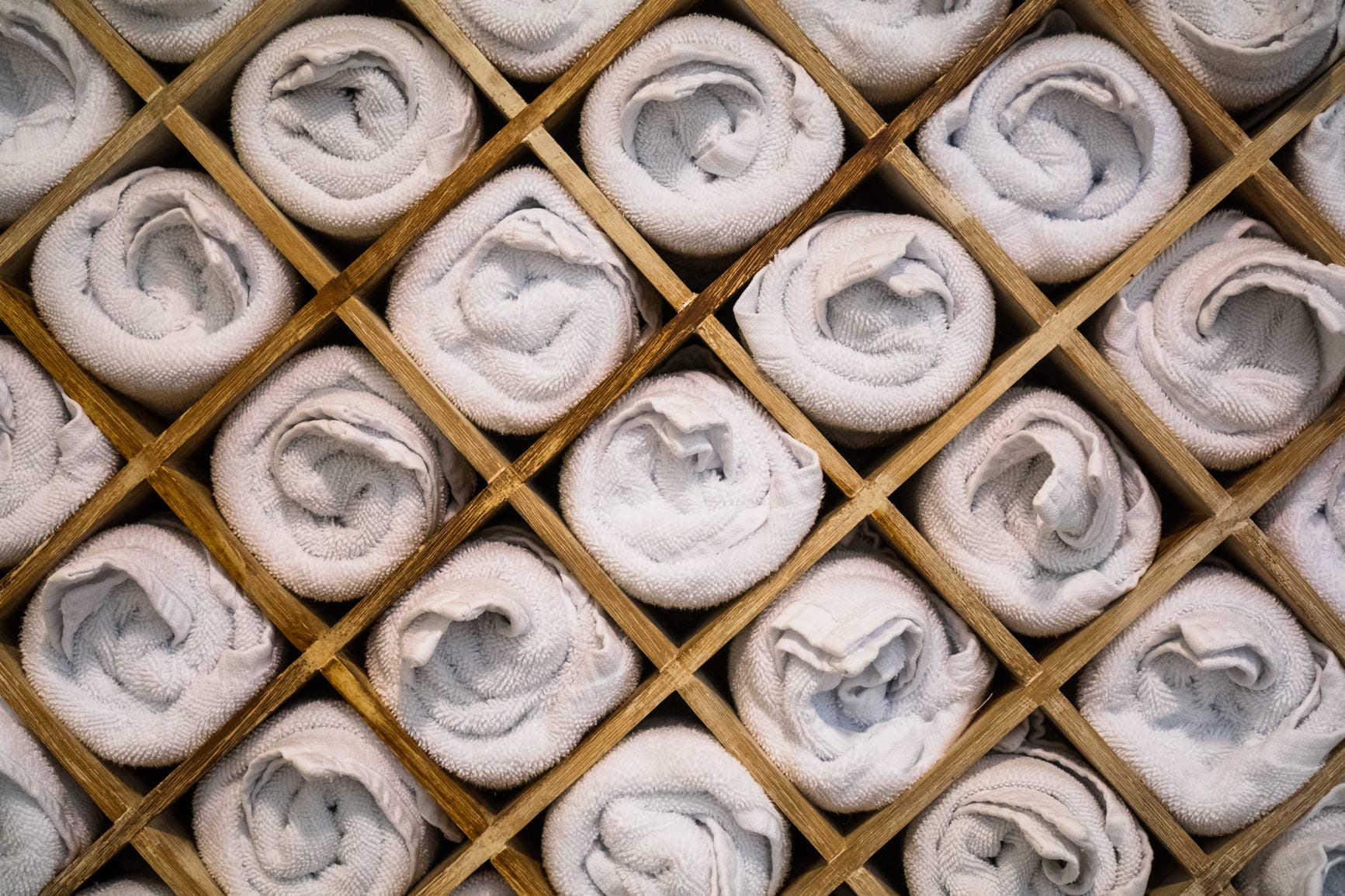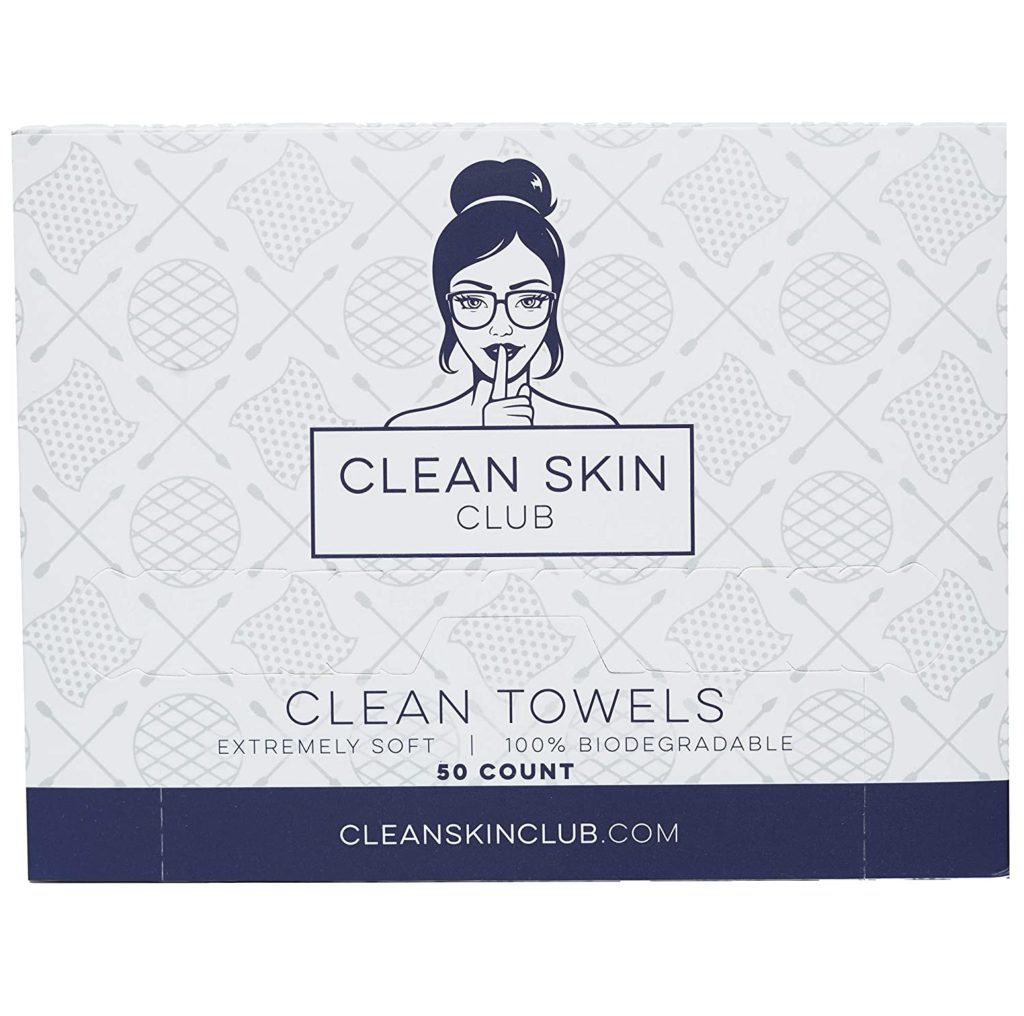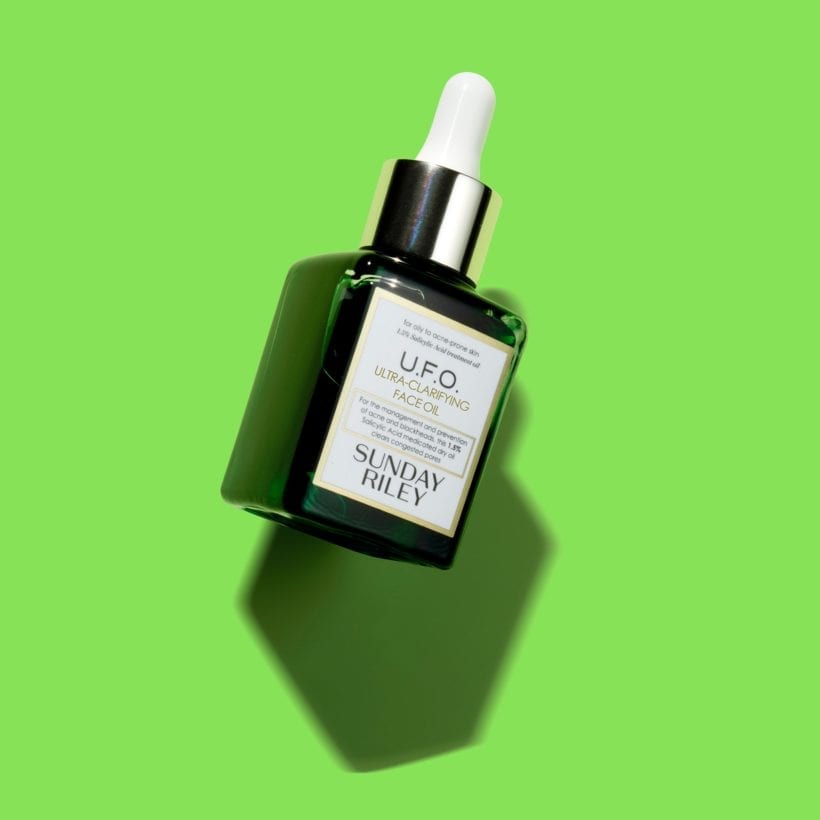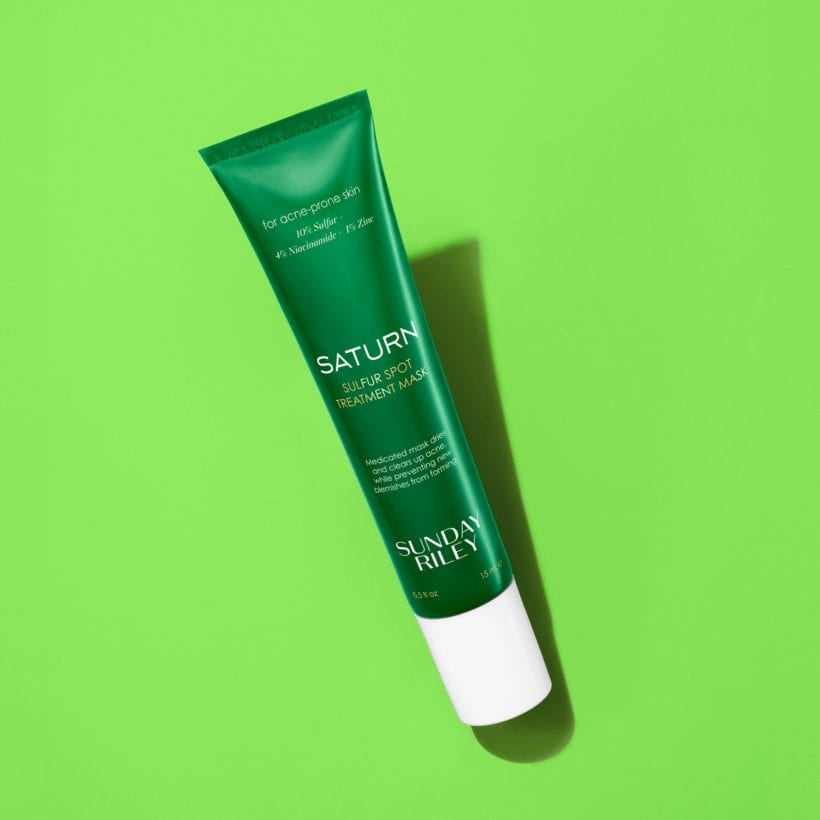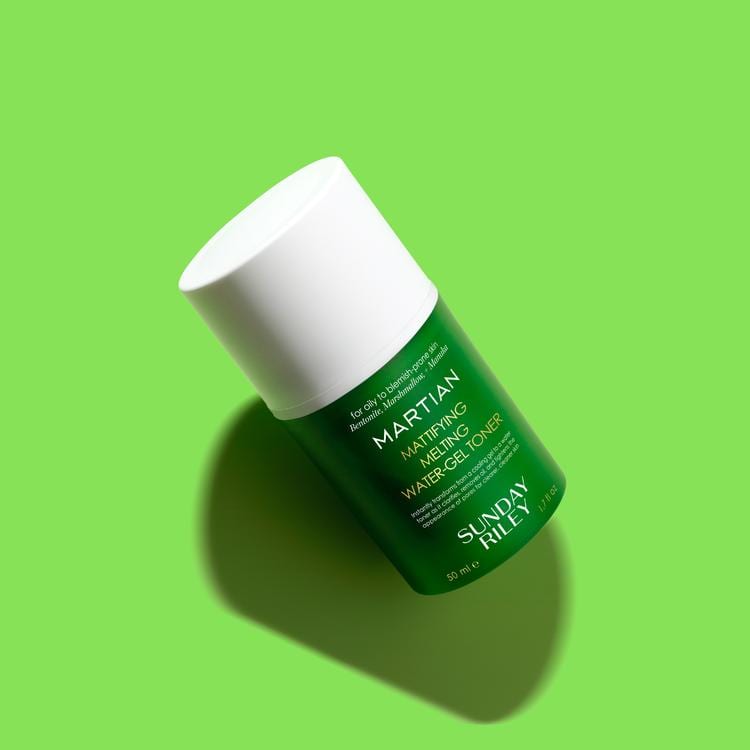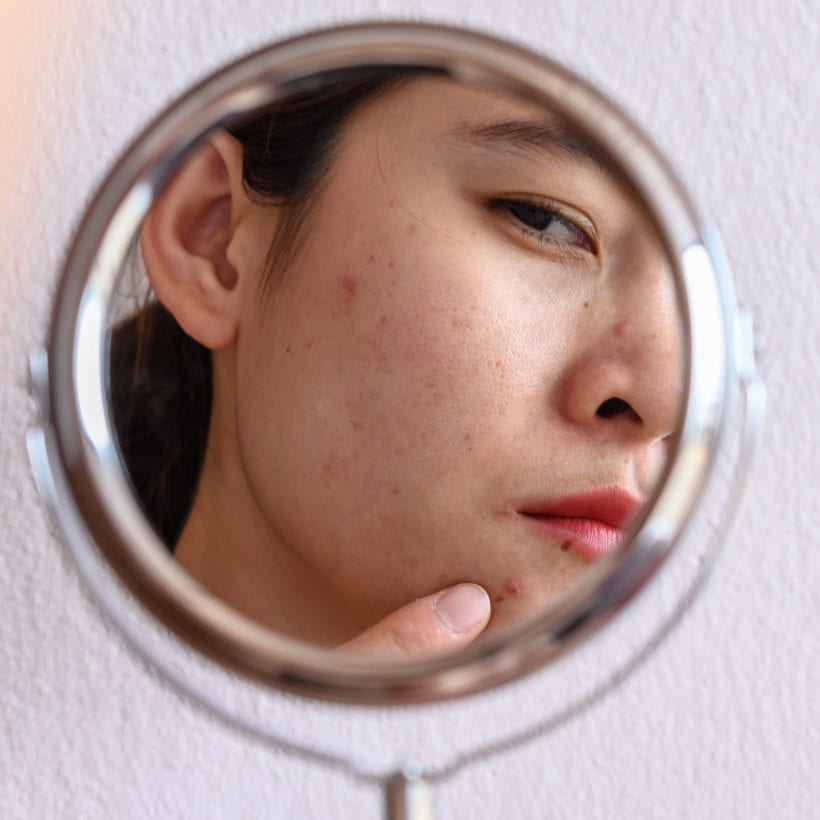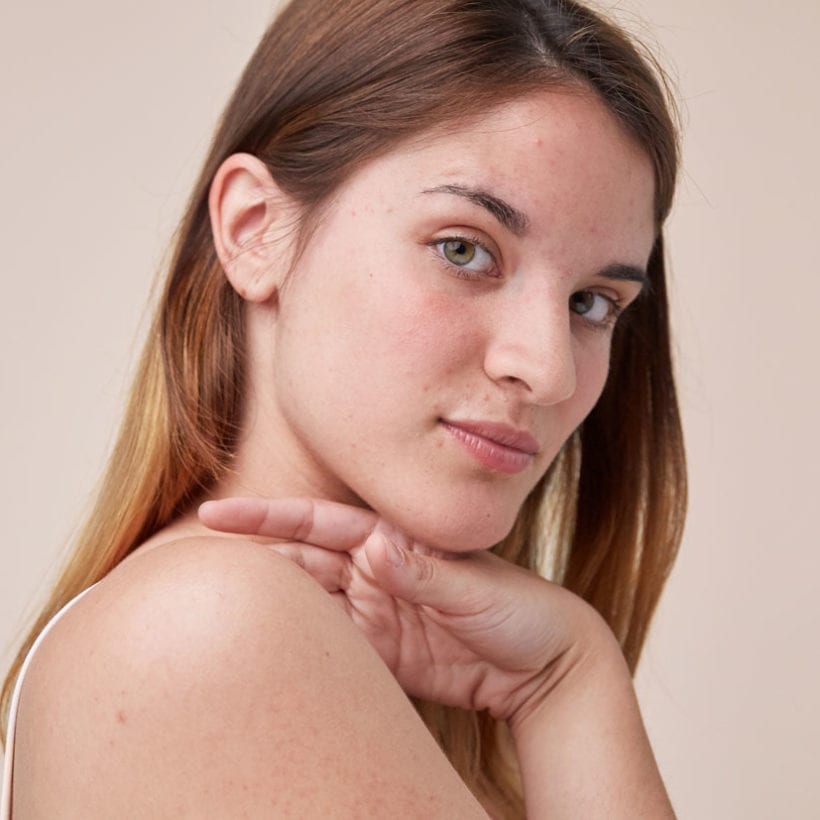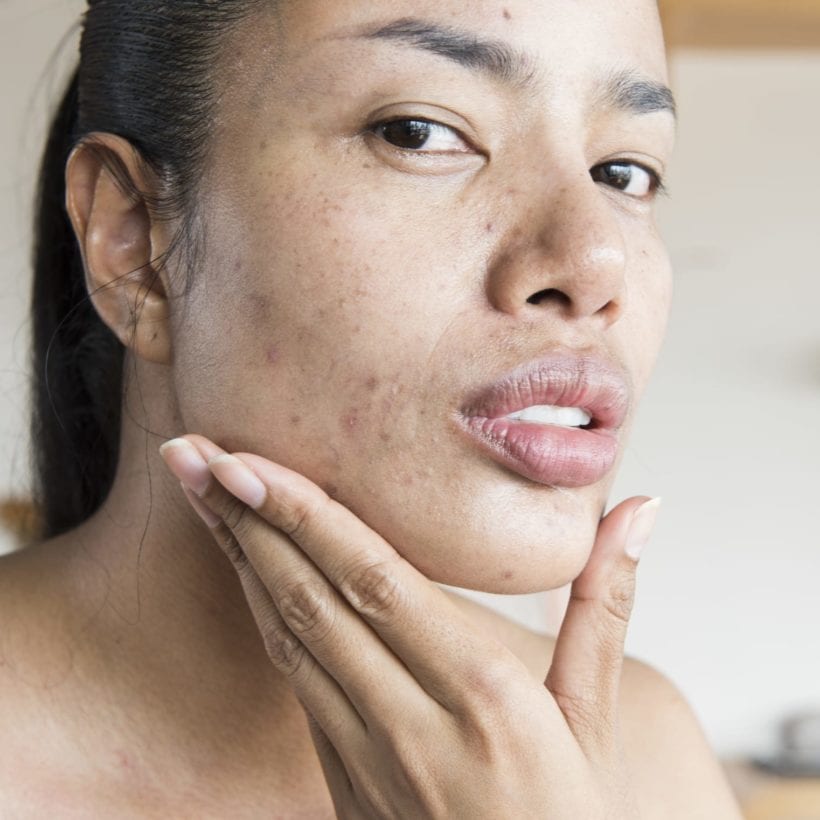For obvious reasons, no one can stop talking about maskne, even though now if you are fully vaccinated, you don’t have to wear a mask anymore. Since the start of the pandemic, people have attributed their surge in breakouts to stress and, of course, the daily wearing of face masks. While masks are for sure a culprit in some folk’s ongoing struggles with their skin, there’s one skin villain that’s been there all along — your lovely bathroom linen.
The truth of the matter is most people don’t change their washcloths and towels nearly as often as they should. According to New York City board-certified dermatologist and founder of OptiSkin, Dr. Markowitz, regularly washing your linen should be a top priority if you’re looking to improve and maintain the health of your skin. If you notice your bathroom linen starts to smell or feel pretty stiff, chances are there are so much bacteria living inside that it may creep you out and, of course, be setting you back a few steps in regards to your skin goals.
So what’s the deal with bath linen and breakouts?
Simply put, a moist environment like your bathroom is the perfect place for acne-causing bacteria to thrive. Dr. Markowitz deep-dived into how your beloved towels and washcloths could be doing your skin way more harm than good: “Dirty towels can spread viruses, fungi, and bacteria. The consequences of using a dirty towel include irritated skin and possibly spreading infections. The bacteria that cause staph infections (MRSA) is known to spread on towels and linens. Also, you should never share a towel with someone you don’t know or someone who’s sick. The same applies to our sheets. Dead skin buildup not only soils your sheets but can encourage the breeding of dust mites. This can also lead to skin irritations and breakouts. So if you have sensitive or acne-prone skin, I suggest that you wash your sheets often. I recommend to my patients who suffer from acne to change their pillowcases more often than the rest of the bedding. ”
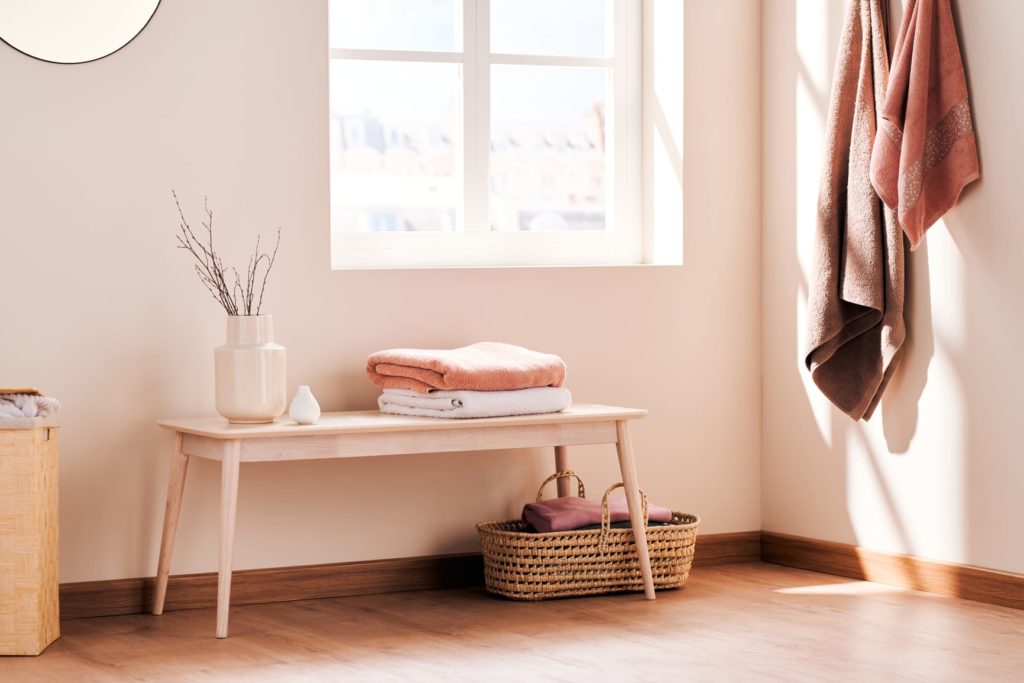
Dr. Markowitz recommends considering the number of times you’ve used a towel or washcloth instead of the number of days, as the number of times a person uses bathroom linen in a day may vary depending on lifestyle. After three uses, it’s time to “throw in the towel” and give your towels and washcloths a thorough washing. Also, be sure to let your bath linen dry completely between uses to avoid promoting the growth and spread of bacteria.
No washing machine? No Problem
I live in a relatively small apartment in NYC that doesn’t have an in-unit washer and dryer. That means I don’t have the luxury of using washcloths and towels freely without the burden of figuring out when I’ll have the chance to head to the laundromat. As someone who is constantly battling acne, I was ecstatic to discover an option for folks that may not have 24-hour access to a washer — disposable face towels that mimic the softness and durability of actual towels.
I’ve done my fair share of scrolling through Amazon to find spa-like disposable face towels to stock up my bathroom. Recently, I came across my now go-to towels, the Clean Skin Club XL Clean Towels, the world’s first biodegradable face towels made from 100% organic viscose (a semi-synthetic material often used in clothing as a silk substitute). After a few months of using these towels, it’s safe to say that they’re my holy grail. I use them primarily to wipe away my facial cleanser and clay facial masks easily. Even when my skin is its worst regarding breakouts, the towels feel super gentle on my skin.
While there isn’t a disposable equivalent of bath towels to dry your body, switching over to disposable face towels is a great start — you’ll be cutting bacteria out of your daily routine and lightening your laundry loads.
But, are disposable towels safe for the environment?
The simple answer is it depends. Not all disposable face towels are created equally. When looking for new face towels to add to your skincare routine, make sure to do your research beforehand to ensure they are biodegradable or otherwise environmentally friendly. Dr. Markowitz elaborates on the environmental implications of adding disposable face towels into your skincare routine.
“While in general disposable facial towels may feel soft and gentle and they don’t carry the same bacteria that comes with daily use of a regular towel, they are awful for the environment. Because you can throw out a disposable towel after one use, there is no worry about cross-contamination, odors, or bacteria growth. If you are using disposable makeup wipes or cleansing cloths, the same applies. Not only are they bad for the environment, but they contain chemicals that could impact our skin’s natural biome. ”
Dr. Markowitz is also a fan of Clean Skin Club’s biodegradable face towels noting that they make her life much easier due to the towels being super soft, durable, absorbent, and of course, environmentally friendly.
The takeaway
Most people can benefit from swapping out traditional washcloths out for disposable alternatives and being more mindful of how long they use the same bath towels. When looking for disposable face towels, opt for some that consider the skin’s health and the planet. If you’re looking for an option, Clean Skin Club’s highly-rated XL Face Towels, which will run you about $30 for 50 towels.
We only recommend products we have independently researched, tested, and loved. If you purchase a product found through our links, Sunday Edit may earn an affiliate commission.
